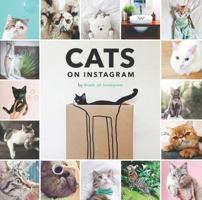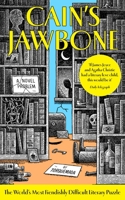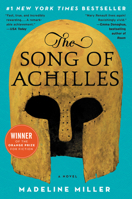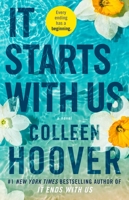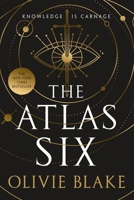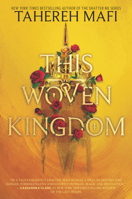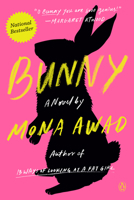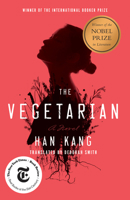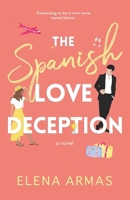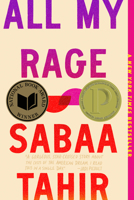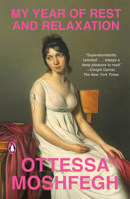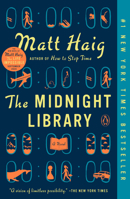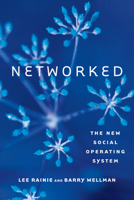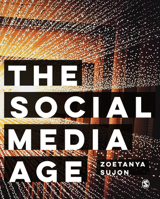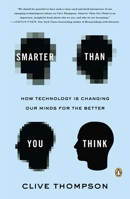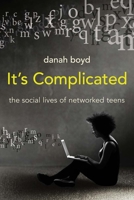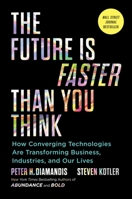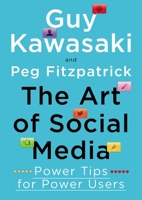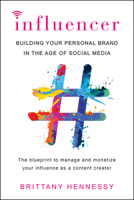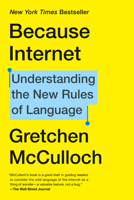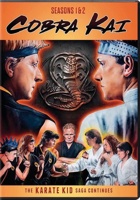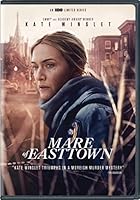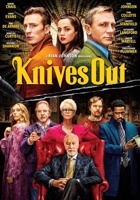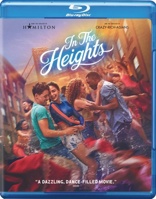The #BookTok Effect
A Survey of 2,000 Americans Found...
By Ashly Moore Sheldon • December 04, 2022
In our ongoing efforts to learn more about what our customers want and need, ThriftBooks enlisted OnePoll to survey 2,000 Americans about the ways that their social media activities impact their entertainment choices. The results reveal an interesting profile. Read on for some of our takeaways.
1. We've gotten pretty comfortable in online spaces.
There's been a lot of talk about the barriers to meaningful relationships on social media, but seven out of ten of Americans reported finding it easier to connect online than in real life. Nearly half of the respondents (45%) attributed this to being more comfortable communicating in written and visual form, and 43 percent said they can chat with their virtual pals for longer periods of time.
More than half of those polled said they belong to a hobby-based community, with visual arts (29%), reading (28%), and gaming (28%) being the most popular types. And more than a third (35%) feel a strong sense of community when discussing their favorite media, such as movies and books, online.
Our take: "Readers around the world have embraced social media as a way to connect with fellow book lovers, share their favorite picks, and bring beloved characters to life. It’s also a great way for people to find communities around their favorite books or authors that may not always be in their vicinity."
2. Social media is a powerful force in the publishing world.
Social media is good for more than just sharing adorable pet pics. Sites like TikTok and Instagram have become major drivers for book sales, often even for some older or more obscure titles. Artful and clever posts have been known to propel books to the top of bestseller lists.
Below are some of the books that have benefited from free publicity from vocal booklovers on #bookstagram, #BookTok, etc:
- The Song of Achilles by Madeline Miller: This dazzling retelling of The Iliad was somewhat overlooked when it first came out a decade ago, but thanks to some popular posts, it's getting renewed interest now.
- It Starts with Us by Colleen Hoover: The 2022 sequel to the #BookTok queen's still trending It Ends With Us has been flying off shelves.
- The Atlas Six by Olivie Blake: In this thrilling fantasy, six contestants vie for one of five spots within an elite magical society.
- This Woven Kingdom by Tahereh Mafi: Clashing empires, forbidden romance, and a long-forgotten queen destined to save her people, The first in an epic trilogy inspired by Persian mythology.
- Bunny by Mona Awad: The Vegetarian meets Heathers in this darkly funny, seductively strange novel. Margaret Atwood called it "sooo genius" on Twitter.
- The Spanish Love Deception by Elena Armas: An enemies-to-lovers, fake-dating, steamy, slow-burn romance.
- All My Rage by Sabaa Tahir: Former best friends Sal and Noor are dealing with tough personal problems as they try to figure out if they can find a way back to each other.
- My Year of Rest & Relaxation by Ottessa Moshfegh: In this tender, darkly funny tale, a young woman, beset by the ills of the world, embarks on an extended hibernation with the help of a truly terrible psychiatrist.
- The Midnight Library by Matt Haig: Nora has arrived at a mystical library existing between life and death and now, she has some big decisions to make.
- The Virgin Suicides by Jeffrey Eugenides: This modern classic, published decades ago, is finding new life thanks to a viral #BookTok campaign.
3. Men are especially influenced by online recs.
Our survey discovered social platforms are often the place to find recommendations or reviews for TV shows or series (59%), movies (56%), and books (52%). Seven in 10 (71%) were intrigued to learn more about a book because of a conversation on social media.
In particular, men are more likely than women to rely on social media for book (68% vs. 58%) and movie (62% vs. 52%) suggestions. Results also indicated that men feel more pressure than women (71% vs. 63%) to read trending books to keep up with everyone else.
4. We may even be slightly addicted to our online life.
We do want to acknowledge the many legitimate indications that our reliance on social media can sometimes go too far. According to our results, 54 percent of Americans are "always" or "often" on a social platform while reading a book, more so than while watching a movie (46%).
To learn more about the impacts and implications of our society's use of social media, here are a few nonfiction titles that offer a variety of perspectives on the matter.
- Networked: The New Social Operating System by Lee Rainie and Barry Wellman
- The Social Media Age by Zoetanya Sujon
- Smarter Than You Think: How Technology is Changing Our Minds for the Better by Clive Thompson
- It's Complicated: The Social Lives of Networked Teens by Danah Boyd
- The Future Is Faster Than You Think: How Converging Technologies Are Transforming Business, Industries, and Our Lives by Steven Kotler and Peter H. Diamandis
And if you're looking to grow your social media impact, here are some guides aimed at boosting your brand.
- The Art of Social Media: Power Tips for Power Users by Guy Kawasaki and Peg Fitzpatrick
- Influencer: Building Your Personal Brand in the Age of Social Media by Brittany Hennessy
- Because the Internet: Understanding the New Rules of Language by Gretchen McCullough
5. This can all lead to some serious FOMO.
The phenomenon of FOMO (fear of missing out) is born out of the belief that other people are living better, more satisfying lives and that we're on the outside of important opportunities. This very human response is nothing new, but being so engaged online seems to have increased many people's experience of FOMO, especially when it comes to popular movies (57%) and TV shows (55%). Interestingly, Gen Zers are more afraid to miss out on reading popular books (63%) than other forms of entertainment.
We also found that 40 percent of Americans reported first hearing of trending reads through social media, compared to 20 percent who rely on word of mouth. And 46 percent said they suffer more envy over #Shelfies (images of people’s bookshelves) than selfies.
Some of the movies and TV shows that have caused big FOMO over the past few years include:
6. But social media activities can also boost our confidence and help us consider other perspectives.
Many respondents reported positive experiences on social media, like using social media to share about fun shows, movies, or books they've enjoyed. While members of Gen Z are most likely to highlight how many episodes of a series they’ve binge-watched (67%), they also proudly share photos of dressing up as a characters from favorite books (58%) and exult about the number of books they’ve read or own (49%).
While we found that shared interests can definitely bring people together, we also discovered that disparate ones aren’t necessarily deal-breakers—especially among Gen Z respondents, who are more likely than other groups to befriend or start a relationship with someone who doesn’t like the same book than other generations (86%).
Our Take: "From #BookTok to book club roundups, social media is a great gift-giving resource for the book lovers in your life, and can inspire your own wish lists, as well."
As always, we love hearing from you. So let us know if you have any thoughts on what our survey revealed in the comments or on our social channels: Facebook, TikTok, Twitter, or Instagram where we share daily book recommendations, literary tidbits, and more.











